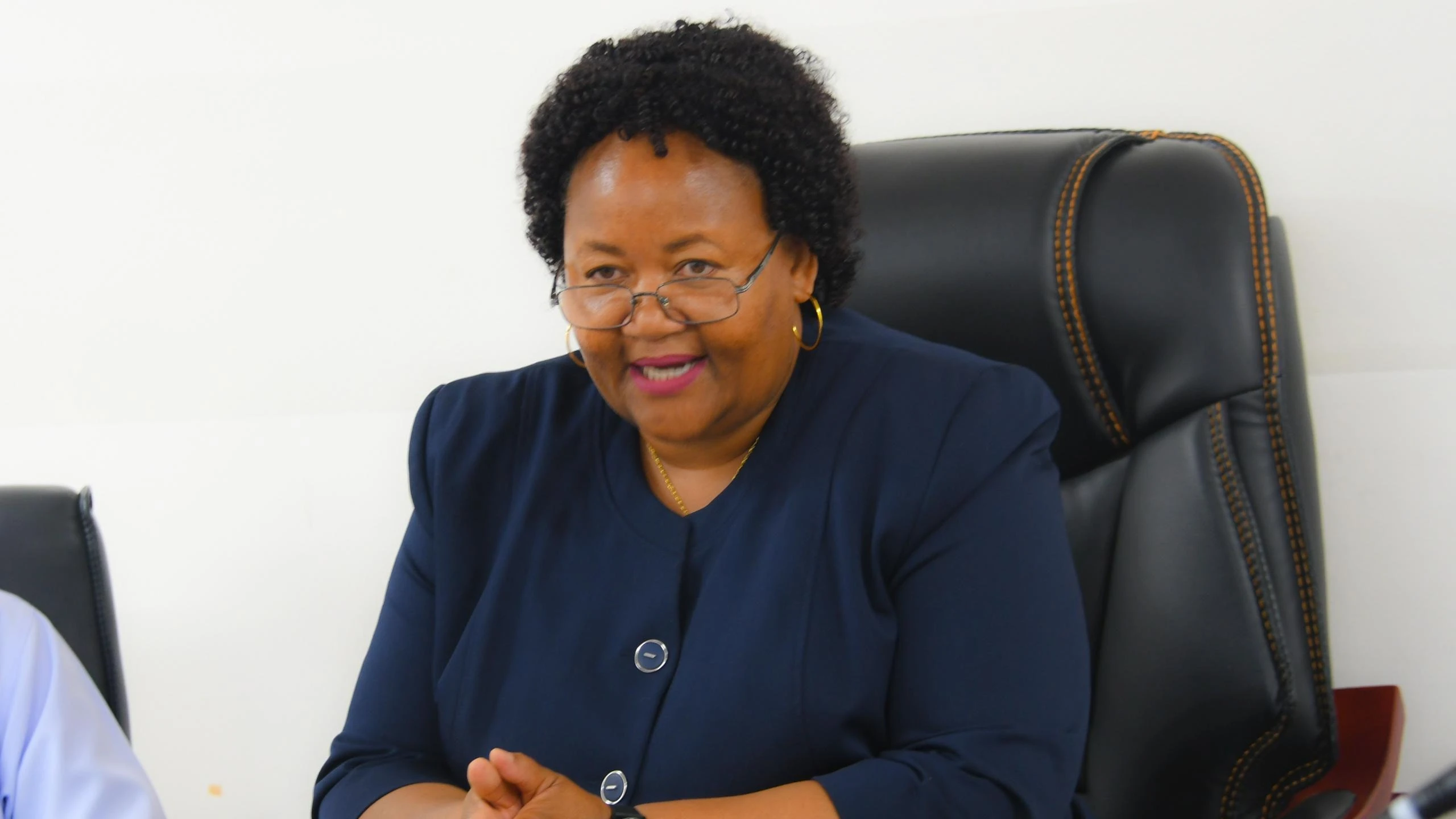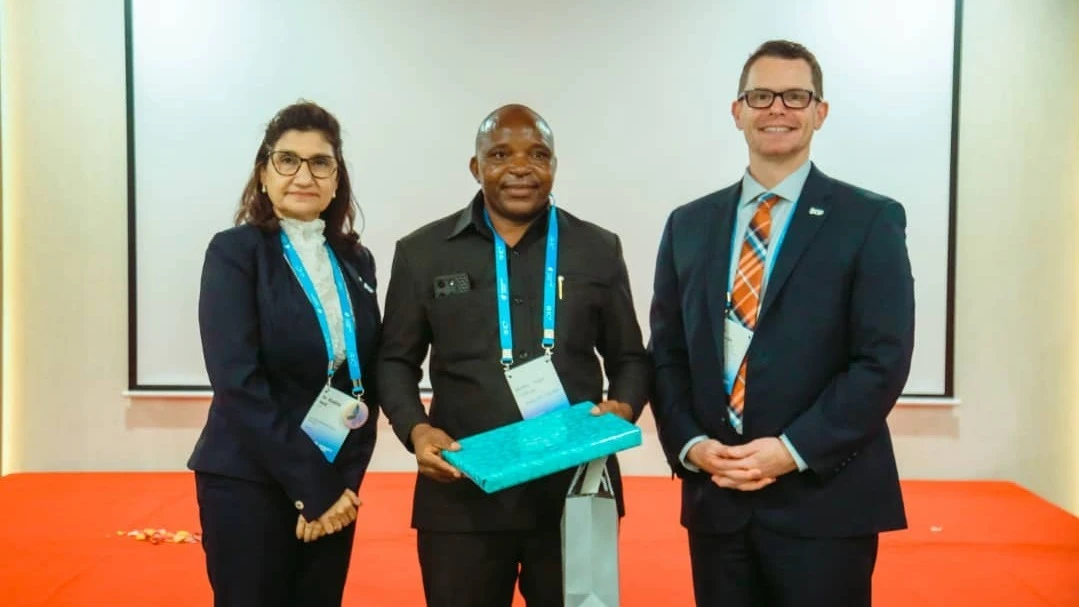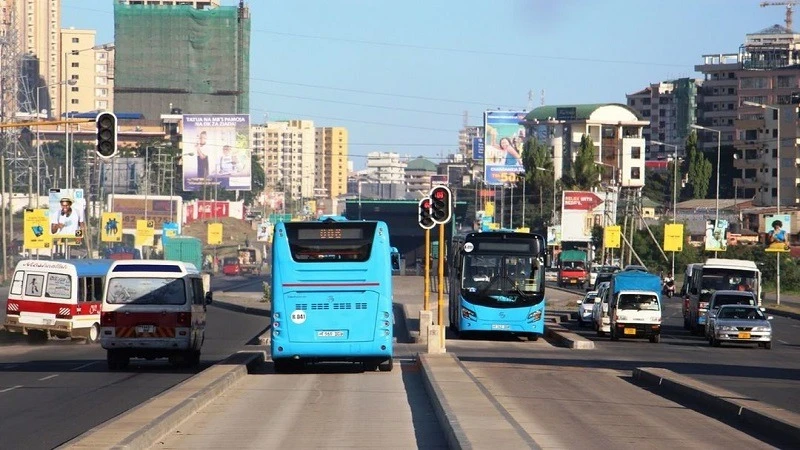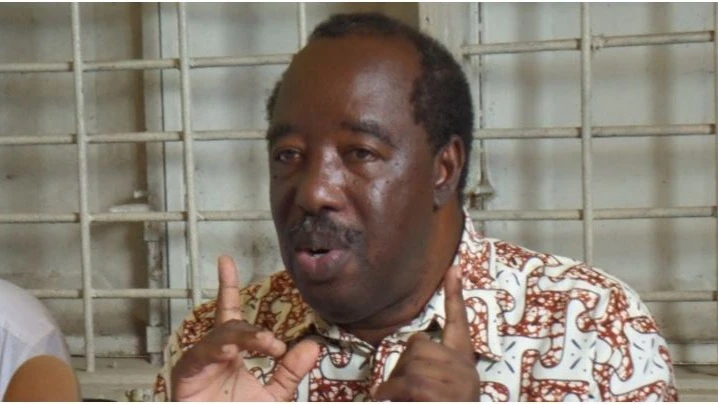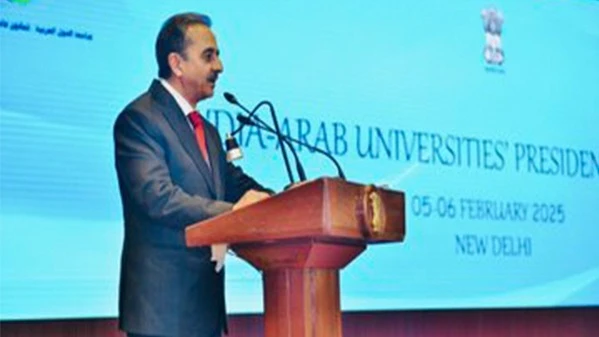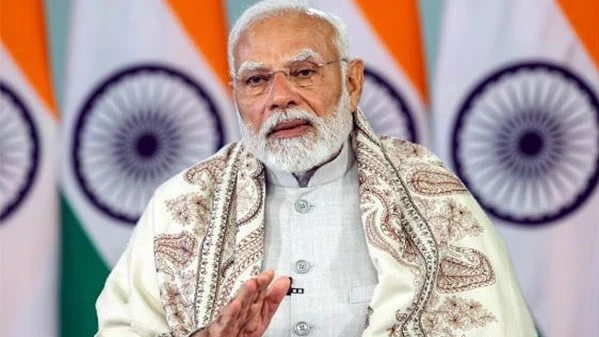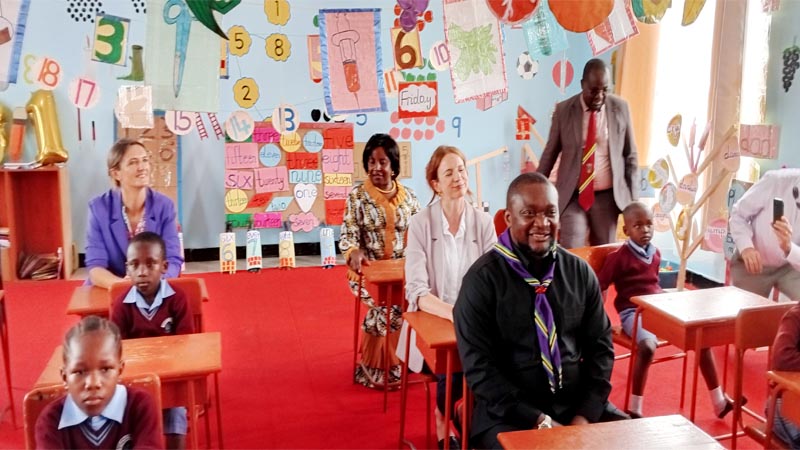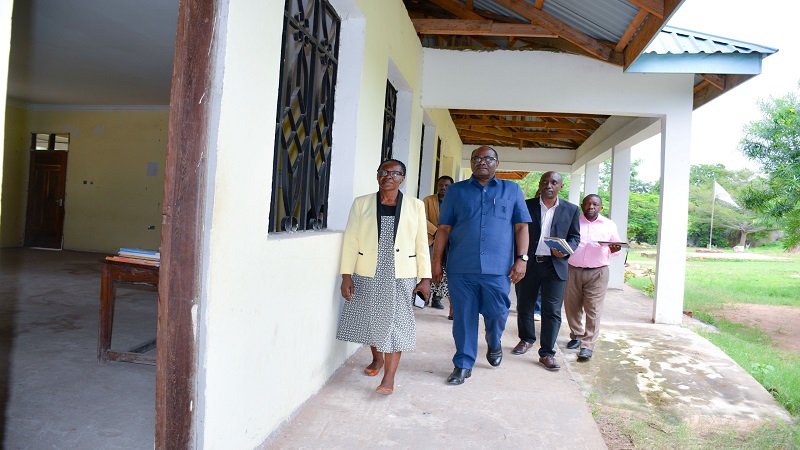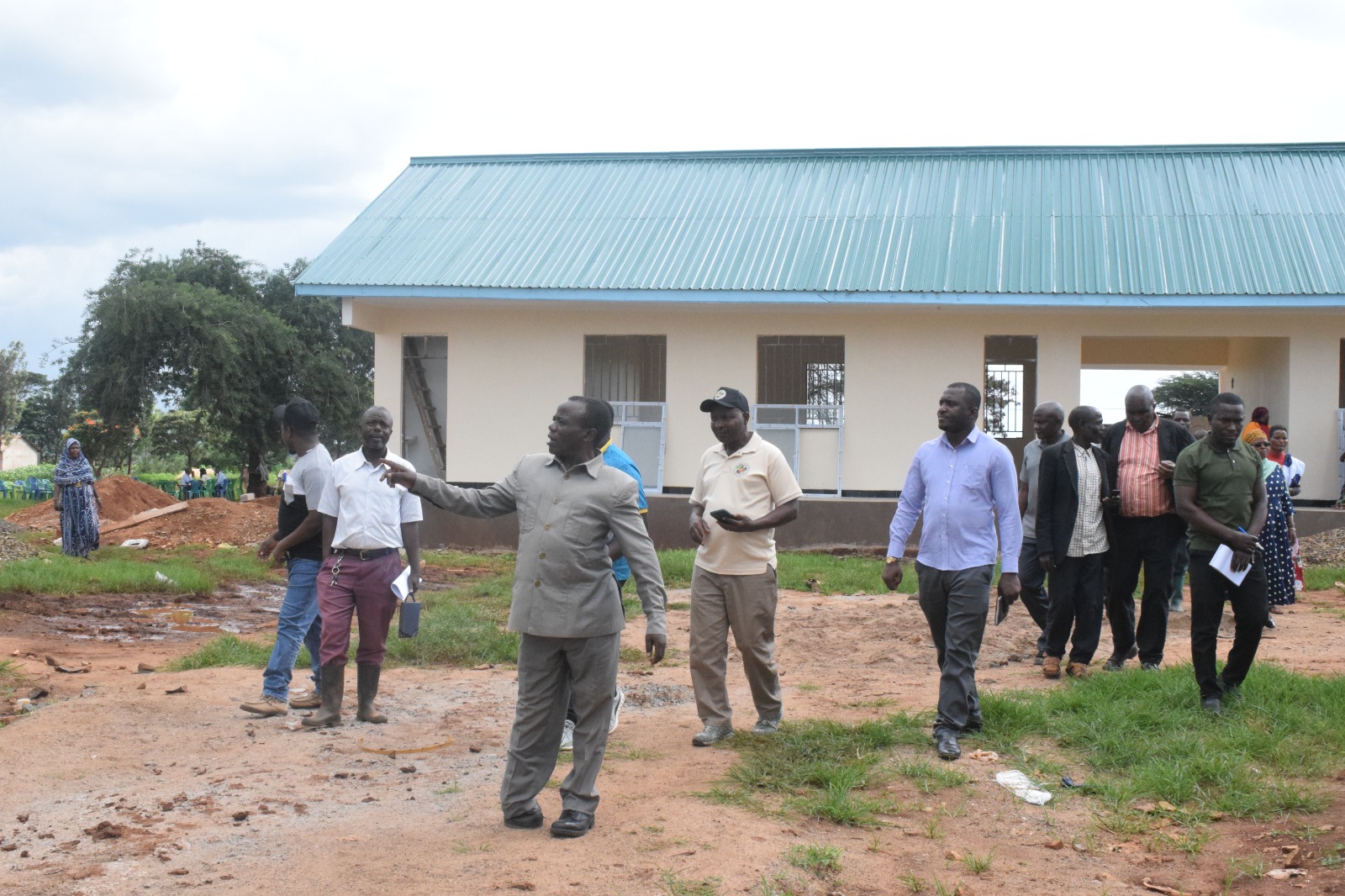MNH Mloganzila appeals to Tanzanians to donate kidney
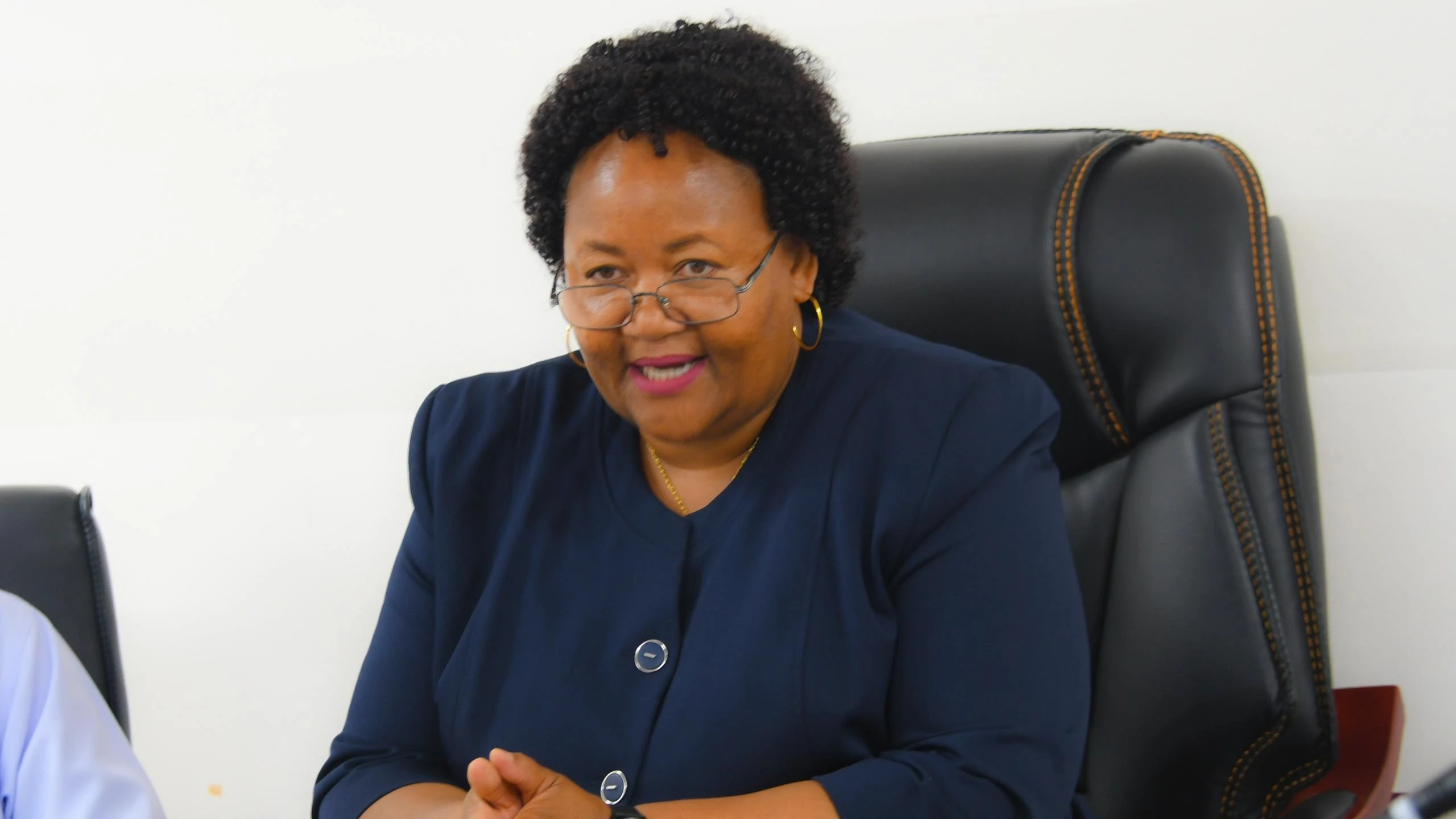
MUHIMBILI National Hospital (MNH) – Mloganzila has called on the public to consider volunteering as kidney donors to help people in need of life-saving transplants.
The hospital’s Deputy Executive Director, Dr Julieth Magandi, made the appeal in Dar es Salaam yesterday during a ceremony to discharge five patients who successfully underwent kidney transplants using hand-assisted laparoscopic donor nephrectomy—a minimally invasive procedure.
Dr Magandi said the latest discharges bring the total number of kidney transplants at Mloganzila to 15 while at MNH Upanga, the number has reached 100.
She highlighted that the procedures were conducted by local doctors in collaboration with experts from South Korea.
She further noted that the hospital attends between 90 and 100 dialysis patients daily, underscoring the urgent need for transplants.
Currently, at least 60 patients are on the waiting list, hoping to find compatible donors.
Dr Magandi emphasized the vital role of family members in kidney donation, as compatibility within relatives significantly increases the chances of a successful transplant.
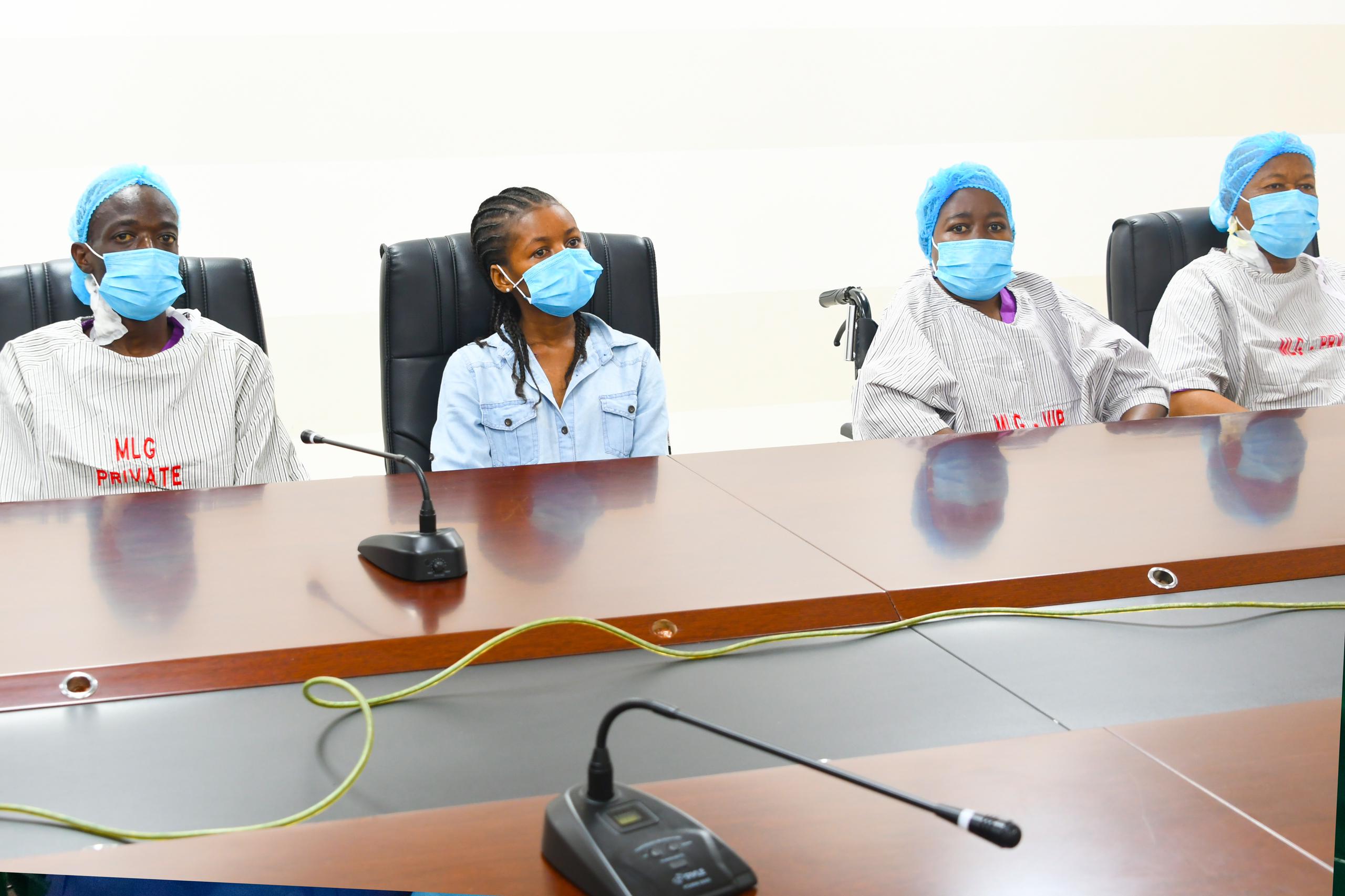
“Many patients remain on dialysis while waiting for a kidney transplant, but the shortage of donors is a major challenge. We call on the family members to step forward, as their donation can dramatically improve their loved one’s quality of life,” she said.
She also cited World Health Organisation (WHO) statistics, which indicate that 10 percent of the global population suffers from kidney failure.
At Mloganzila alone, between 20 and 30 patients face this condition.
Dr Emmaculate Goima, a nephrologist at MNH Mloganzila, reassured the public that donating a kidney is a safe procedure for healthy individuals, who can continue living a normal life with just one kidney.
Given the challenges faced by patients waiting for transplants, health stakeholders are currently drafting a swapping policy to increase donor availability.
"Kidney swapping is crucial, as it allows individuals with incompatible donors to exchange with another pair, expanding the donor pool and improving transplant success rates—especially in cases of blood type or tissue incompatibility," she explained.
She further assured that kidney donors can resume work within three months after surgery with no long-term health risks.
Dr Khamis Isaka, also a neurologist at the facility, highlighted the advantages of hand-assisted laparoscopic donor nephrectomy, stating that the technique allows for a shorter hospital stay and faster recovery compared to traditional methods.
One of the kidney recipients, Mariam Ernest, resident of Geita Region, expressed her heartfelt appreciation for the hospital's exceptional care and expertise.
“For 10 years, she was confined to a chair, but thanks to the doctors’ help, she can now walk again. I am deeply grateful,” he said.
Top Headlines
© 2025 IPPMEDIA.COM. ALL RIGHTS RESERVED









